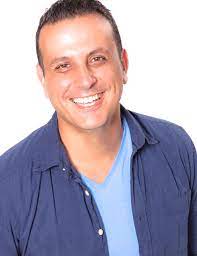
Felice Arena talks about writing historical fiction
‘Historical fiction is not only a portal to another time but a tangible way to try to experience the real-life emotions and human stories of those who have come before us.’
 Felice Arena is an actor, speaker, TV presenter and playwright and also a popular and award winning writer of children’s fiction whose books include the Specky Magee series, Fearless Frederic, The Boy and the Spy and A Great Escape.
Felice Arena is an actor, speaker, TV presenter and playwright and also a popular and award winning writer of children’s fiction whose books include the Specky Magee series, Fearless Frederic, The Boy and the Spy and A Great Escape.
This year he has been shortlisted for the Book Links Award for Historical Fiction for Children for his novel A Great Escape, the suspenseful and heart wrenching story of Peter, a young boy living in East Germany (1961) at the time of partition of Berlin.
He very kindly agreed to answer some questions for us about his writing.
What is historical fiction to you and why do you write it?
Historical fiction is not only a portal to another time but a tangible way to try to experience the real-life emotions and human stories of those who have come before us. I write historical fiction because I’m curious to learn more about topics and past events that interest me. And as someone who writes for young readers, I always set out to convey historical adventures that are both accessible and affecting.
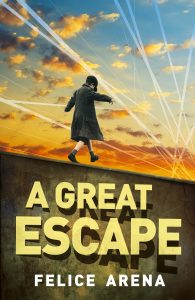 Why did you choose this particular time/topic for A Great Escape?
Why did you choose this particular time/topic for A Great Escape?
The Cold War era has always fascinated me, in particular the dramatic stories surrounding the construction of the Berlin Wall. The East Germans’ quest for freedom and dangerous attempts to escape an oppressive regime appealed to my sense of adventure. One day I found myself talking about this very topic with a neighbour of mine, an 80-year-old German Australian. ‘That’s very interesting,’ he said. ‘As you know I’m from Berlin, but did I ever tell that I was also actually a guard on the Wall?’ I was stunned by this revelation. I took it as a sure sign that I should write this book, to tell the story of those times as seen through the eyes of 12-year-old boy. Along the way I was fortunate to be able to draw on my neighbour’s real-life experiences. What a valuable resource he turned out to be!
How do you reconcile truth and fiction in your historical writing?
I’ve always thought that it’s the small details about a time and place that make the period you’re writing about come alive. The way characters speak and dress and the objects that surround them in their daily life all contribute to establishing an authentic picture of a bygone era. If I get these details wrong the reader will be able to see right through it and not believe that they are back in time. As for actual true events, I always try to make them the foundation for my story and work my characters’ adventures in and around them.
Who is your favourite writer of historical fiction? What is it about them that you admire?
Award-winning Aussie author Robert Newton is my favourite writer of YA historical fiction. His writing always rings true for me. It’s always honest, raw, and authentic. He has a way with dialogue and conveying mateship like no other writer I know. His When We Were Two is one of my all-time favourite historical stories.
What is next for you?
I’ve just finished writing a middle-grade historical adventure set in Melbourne in 1942. The Unstoppable Flying Flanagan is due to be published March 2022. To find out more feel free to visit my website: www.felicearena.com
The winner of the inaugural Book Links Award for Historical Fiction for Children will be announced on Saturday 16 October from 4:00 – 4:45pm via ZOOM, free admission. Book here.
Mia Macrossan
Comments
Sorry, the comment form is closed at this time.

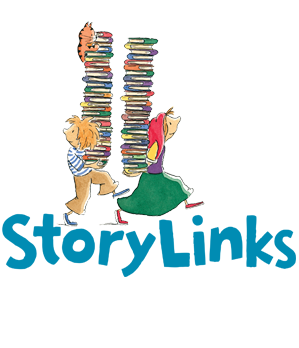

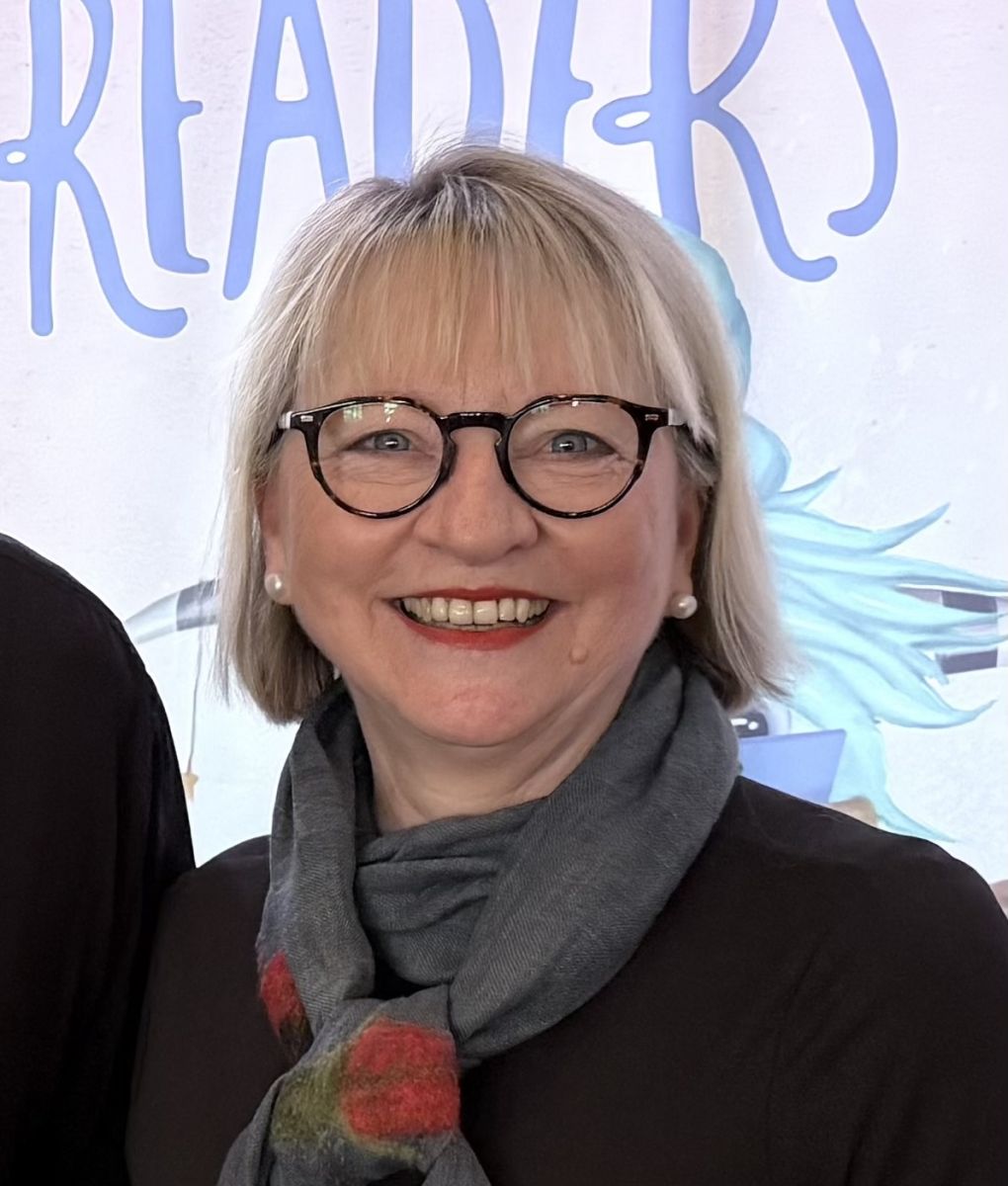
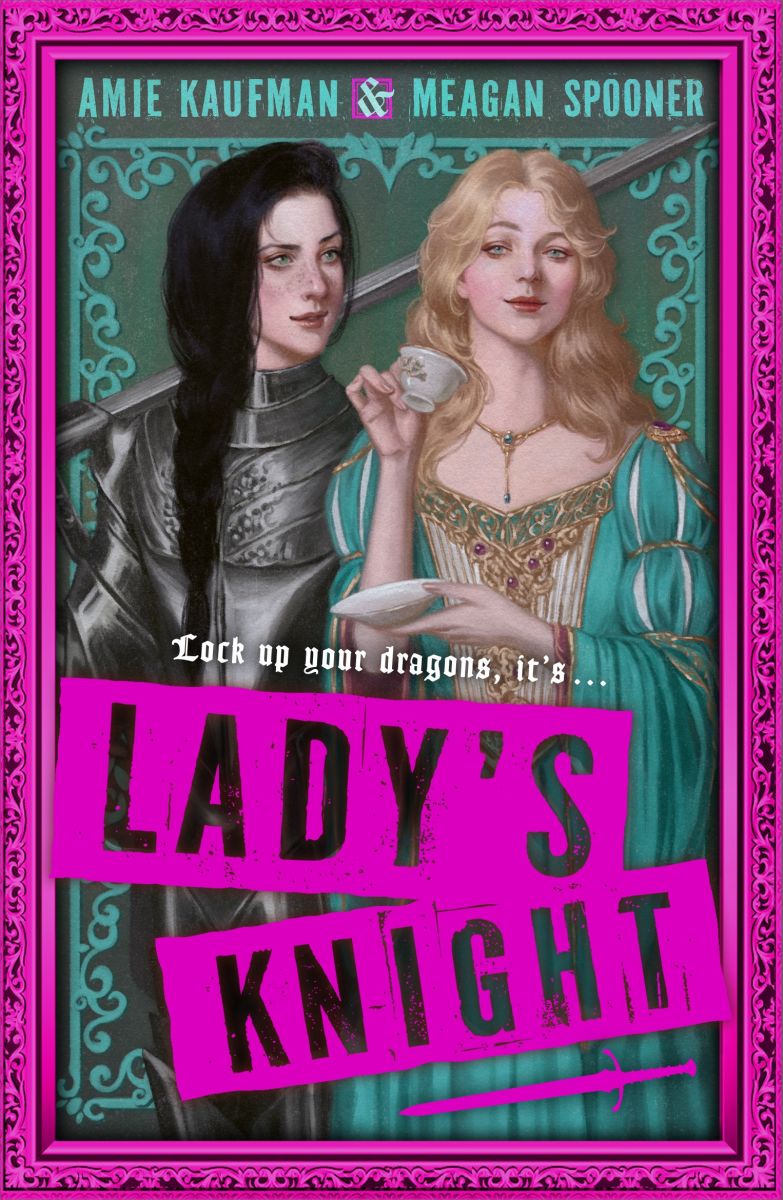
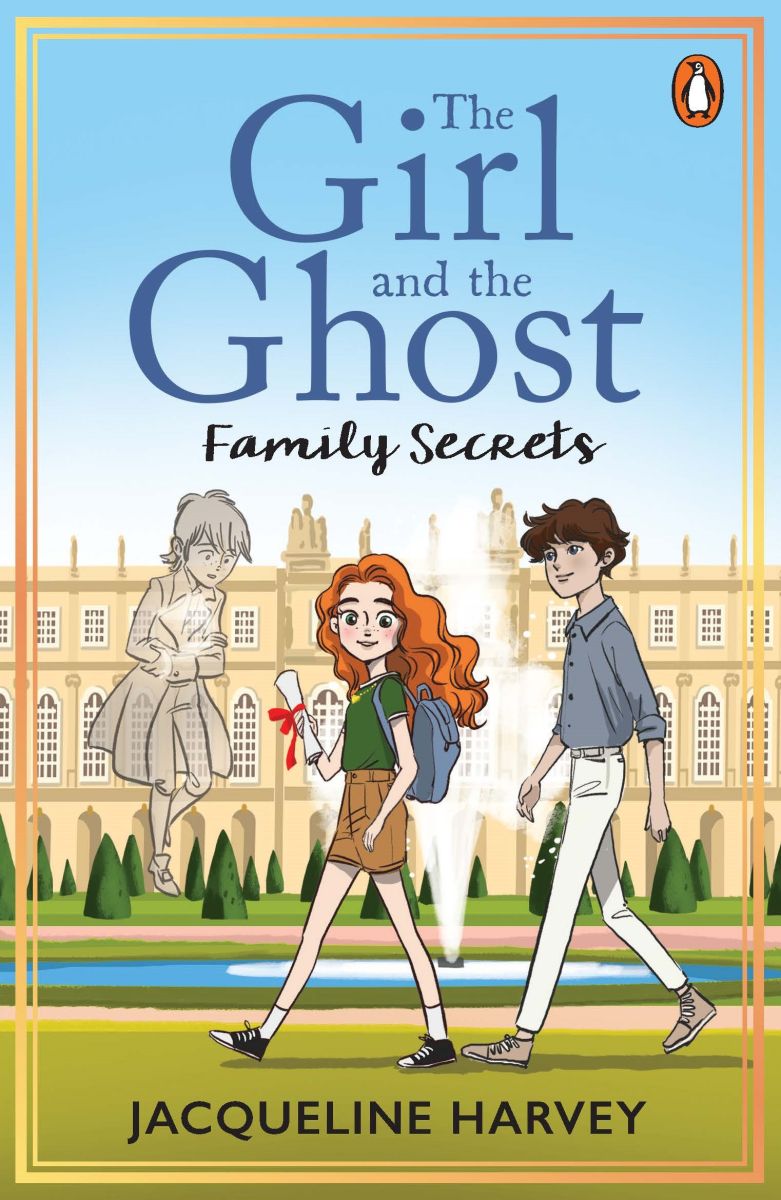

Pingback: ‘Born in history, immortalised in story.’ Six award winning writers reveal how they write historical fiction – Story Links
Pingback: Felice Arena talks about writing historical fiction – Book Links QLD Inc